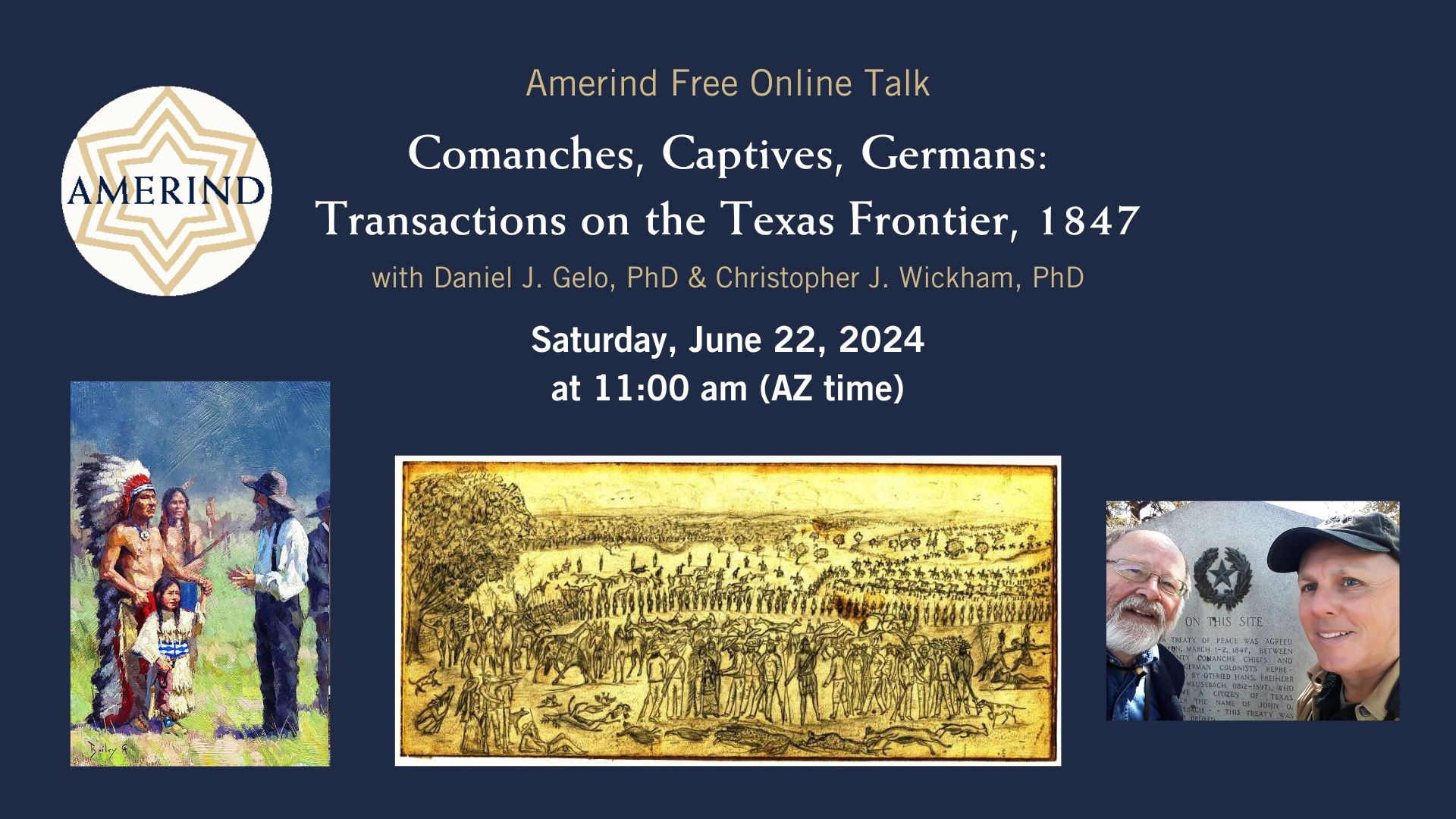
Free Online Talk
Comanches, Captives, Germans: Transactions on the Texas Frontier, 1847
with Daniel J. Gelo, PhD & Christopher J. Wickham, PhD
Saturday, June 22, 2024
11:00 am – Arizona Time
In 2021, three finely worked sketches dating back to the middle of the nineteenth century were brought to the attention of scholars studying the relationship between German settlers and Comanche Indians. Seemingly the work of one artist, and (with one exception) never published, the sketches feature Comanches, Germans, a captive girl, a wagon train, the landscape and wildlife of the Texas Hill Country, and dynamic scenes of cultural contact. Who was the girl? Who were the Comanches involved? Who were the Germans? Where and when did this captive exchange take place? What do we make of the rich Indian and German cultural details that the artist includes? How can we understand his work—as art, as data about Comanche life and customs, and as documentation of a specific cultural encounter? And, of course, who was the artist, and how important is his work? Trying to find answers to these questions, the presenters will examine the drawings in detail and decode information placed by the artist.
Daniel J. Gelo is Dean and Professor of Anthropology Emeritus and former Stumberg Distinguished University Chair at the University of Texas at San Antonio. Gelo holds Ph.D., M.Phil., M.A., and B.A. degrees in anthropology from Rutgers University. His publications include: Comanche Vocabulary (University of Texas Press, 1995), Comanches in the New West, 1896-1908 (with Stanley Noyes, University of Texas Press, 1999), Texas Indian Trails (with Wayne L. Pate, Republic of Texas Press, 2003), Comanches and Germans on the Texas Frontier: The Ethnology of Heinrich Berghaus (with Christopher J. Wickham, Texas A&M University Press, 2018), and Indians of the Great Plains (Second Edition, Routledge, 2019). He has won the UTSA President’s Distinguished Achievement Award, the University of Texas System Chancellor’s Council Outstanding Teaching Award, and the Presidio La Bahia Award for best book on early Texas history.
Christopher J. Wickham is Professor Emeritus of German at the University of Texas at San Antonio. He earned his Ph.D. at the University of Wisconsin-Madison. Having taught at the Universität Regensburg, Germany, Allegheny College, PA, and the University of Illinois at Chicago he moved to UTSA in 1991. Wickham retired from teaching in 2017. His research focuses on German literature and culture, and most recently on the interaction between German settlers and Comanches in 19th-century Texas. He authored a monograph on the dialect of Diendorf, Bavaria, (1987) and books on the notion of Heimat (1999) and Comanches and Germans in Texas (2018, with Daniel J. Gelo) which won the Presidio La Bahia Award for best book on early Texas history. Comanches, Captives, and Germans, a book coauthored with Dan Gelo, Hoppy Hopkins and Bryden Moon, appeared in January 2023. He is currently working with Dan Gelo on a study of 19th century Texas botanist and newspaperman Ferdinand Lindheimer.
Book Publication:
Gelo, Daniel J., C. B. “Hoppy” Hopkins, Christopher J. Wickham, and Bryden Moon.
Comanches, Captives, and Germans: Wilhelm Friedrich’s Drawings from the Texas Frontier. Kerrville, TX: State House Press, 2022.
https://www.tamupress.com/book/9781649670137/comanches-captives-and-germans/
To register for this free online event, visit: https://bit.ly/Amerindonline06222024GeloWickham
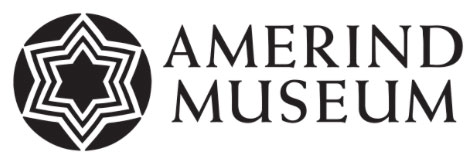
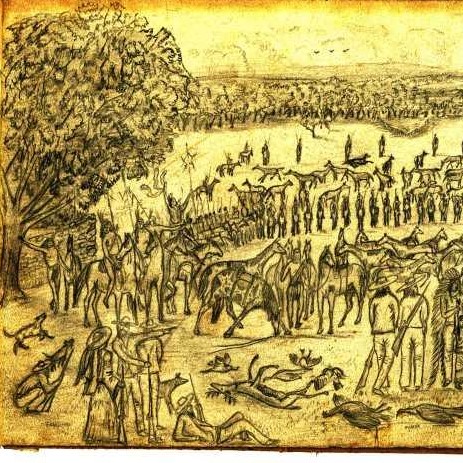
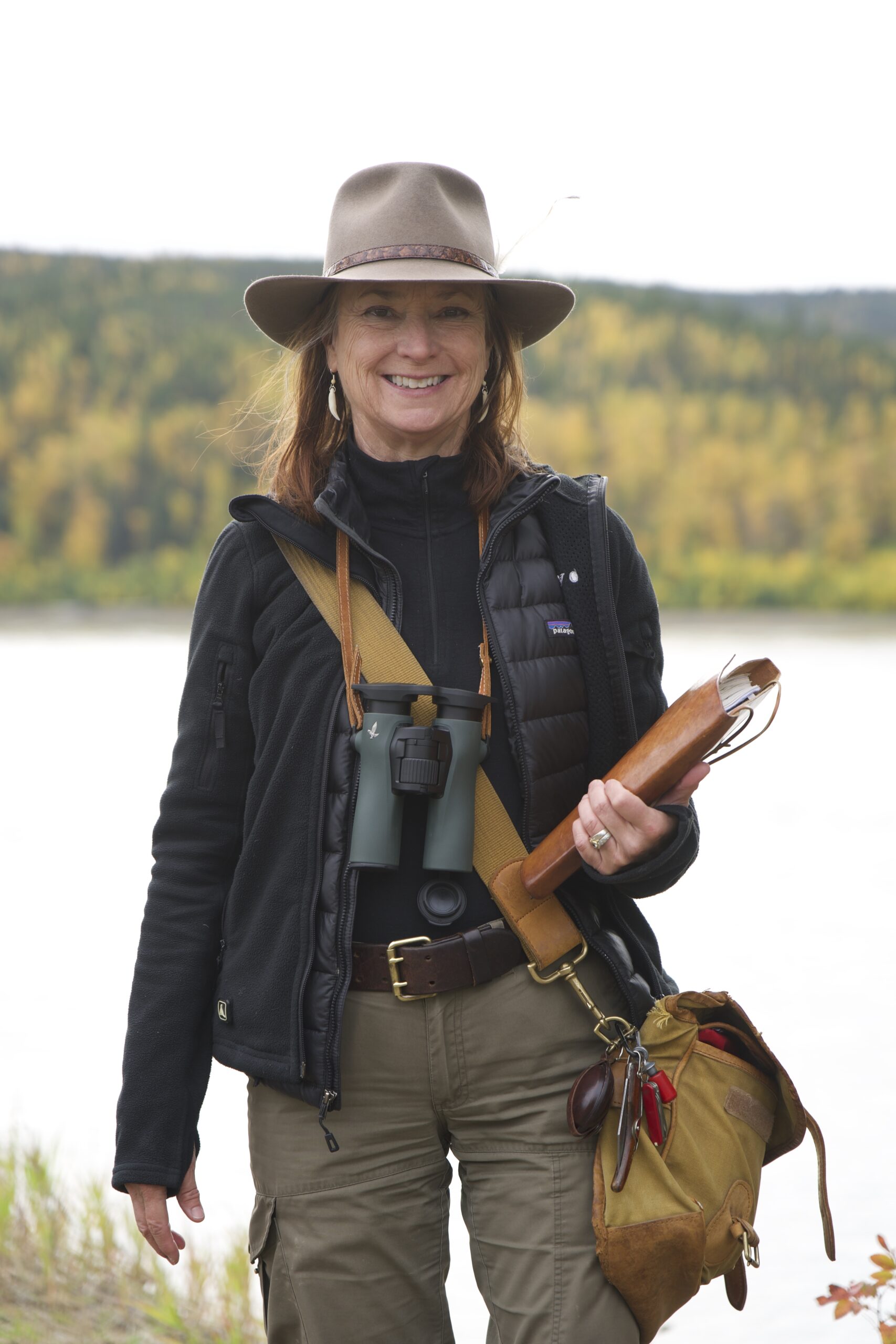
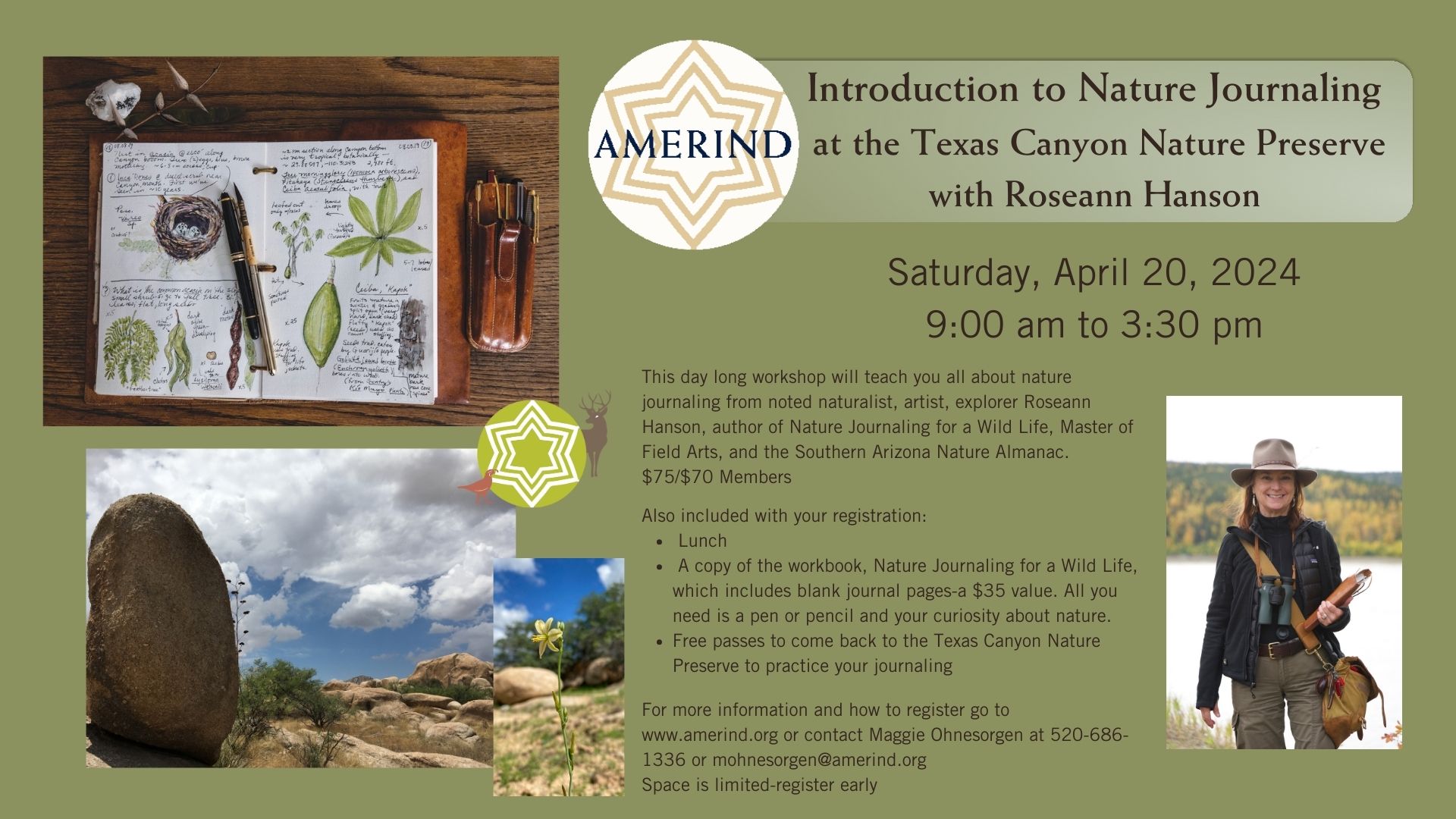
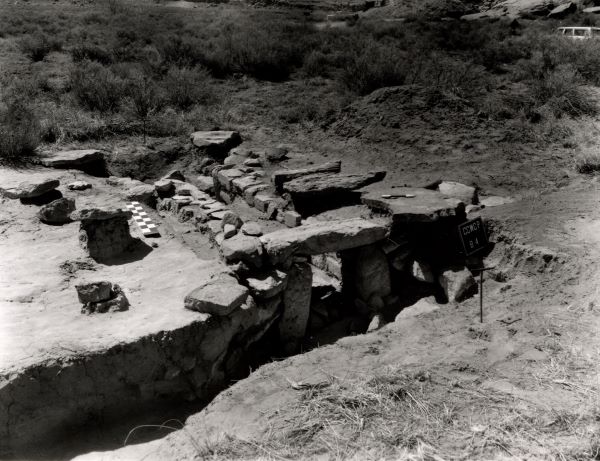
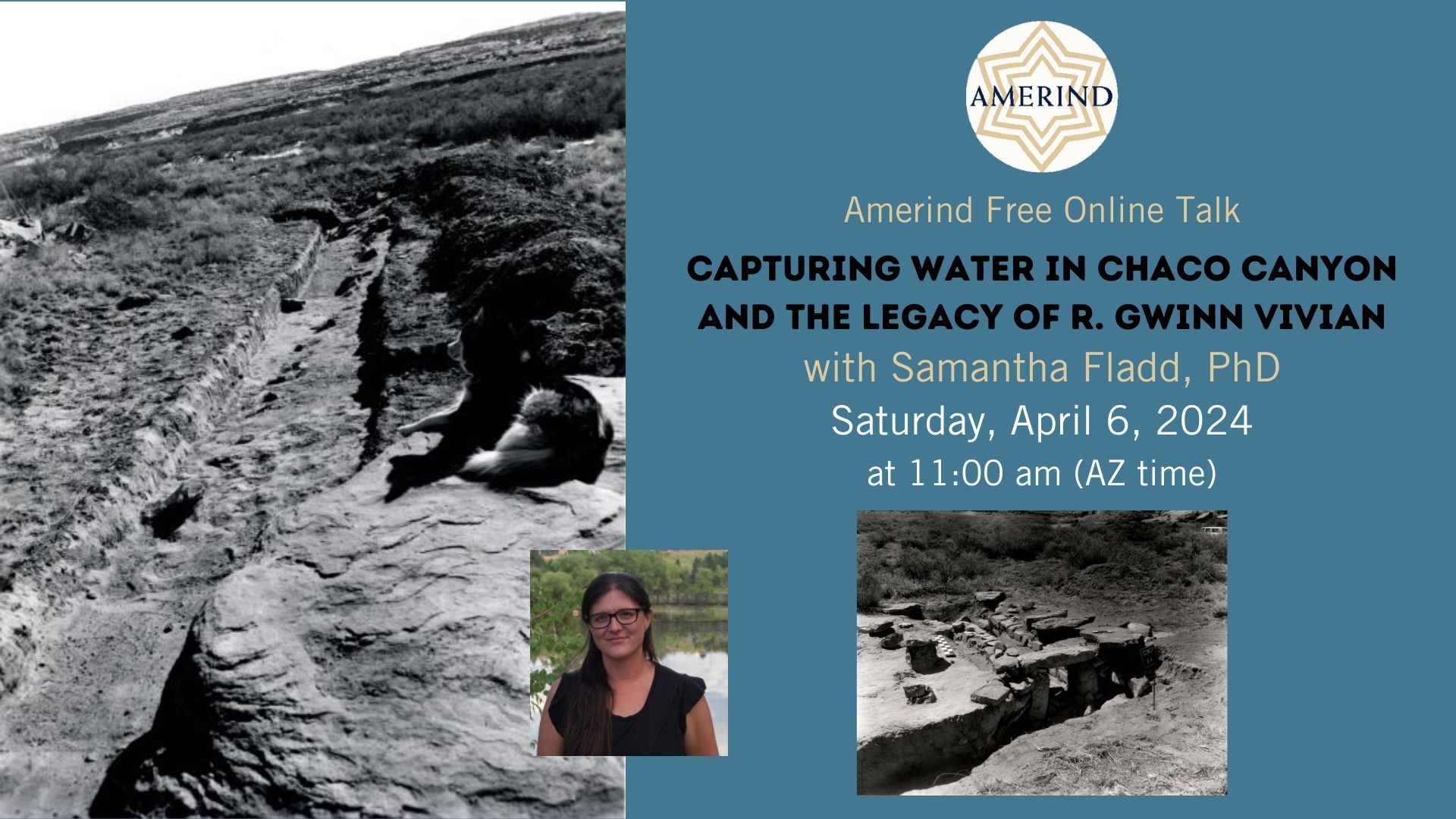
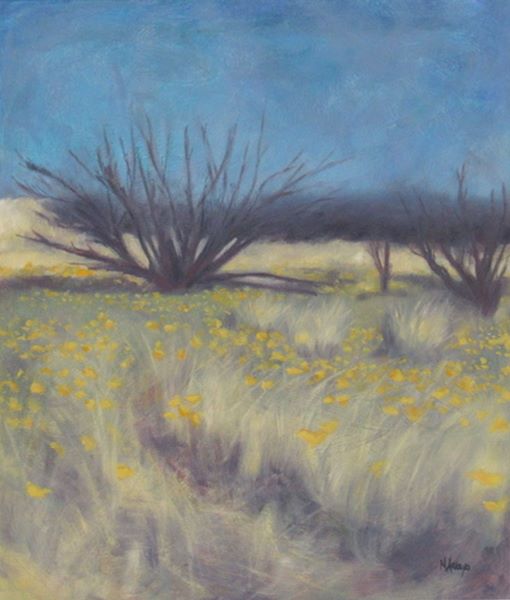
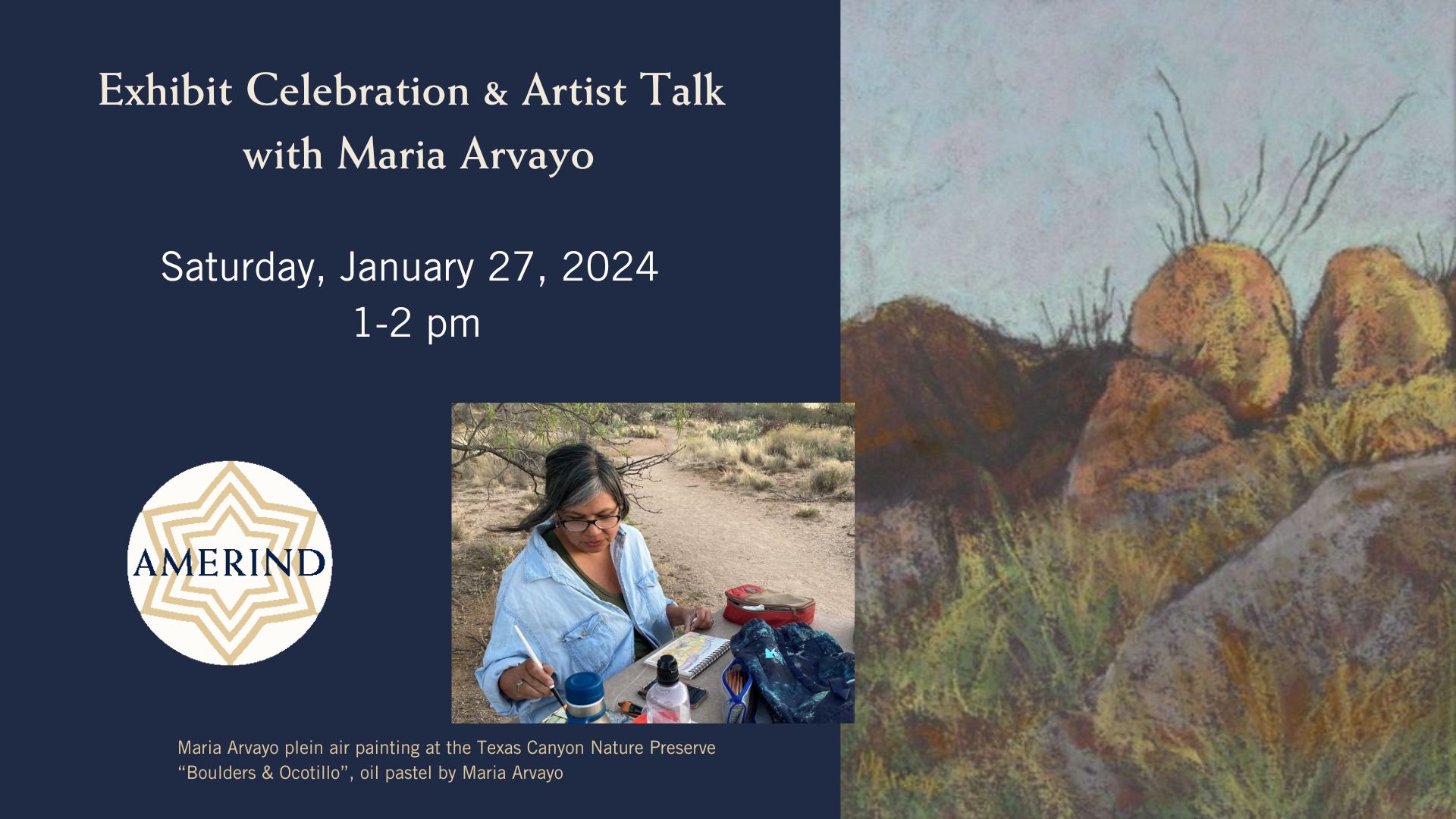
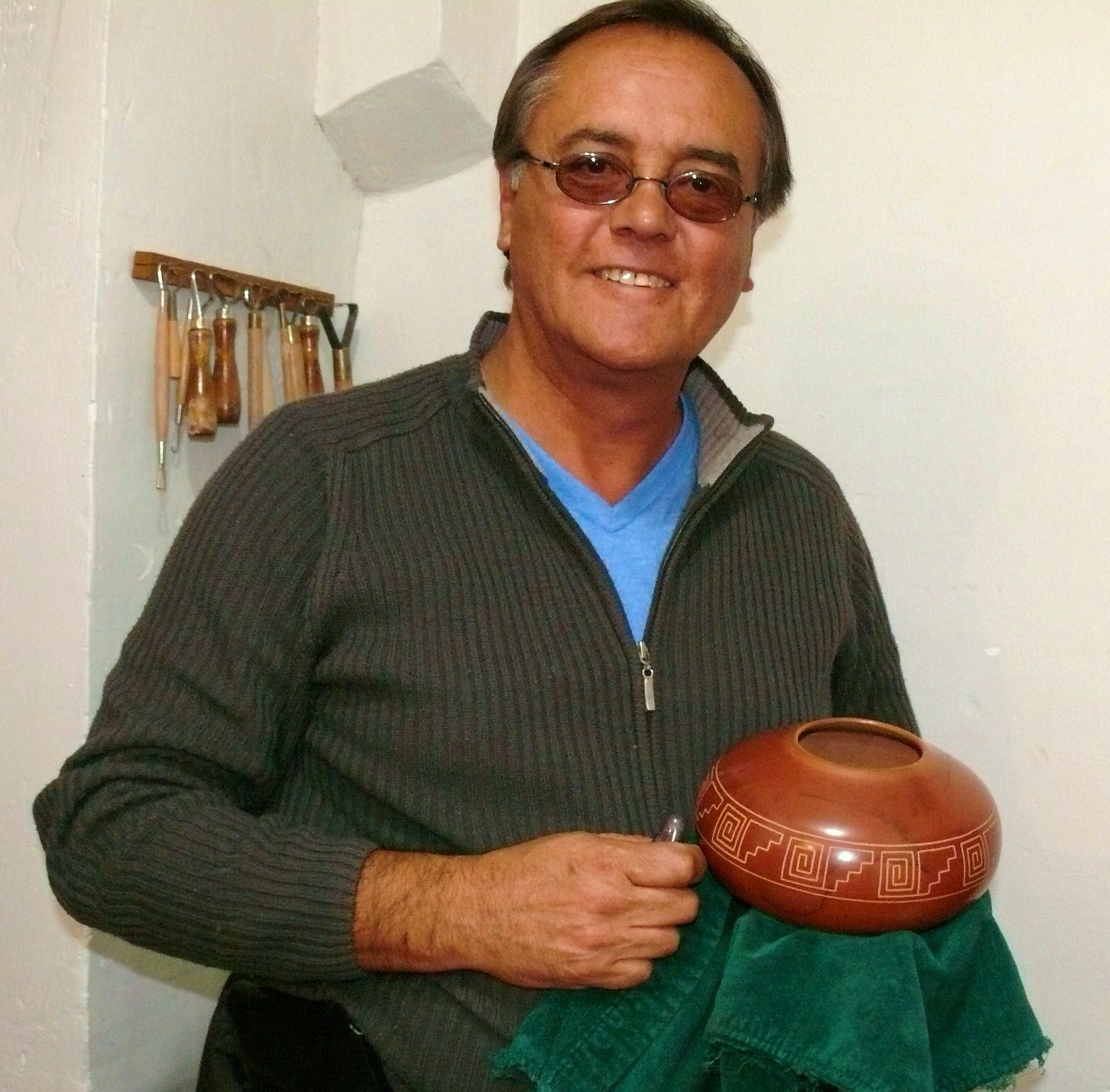
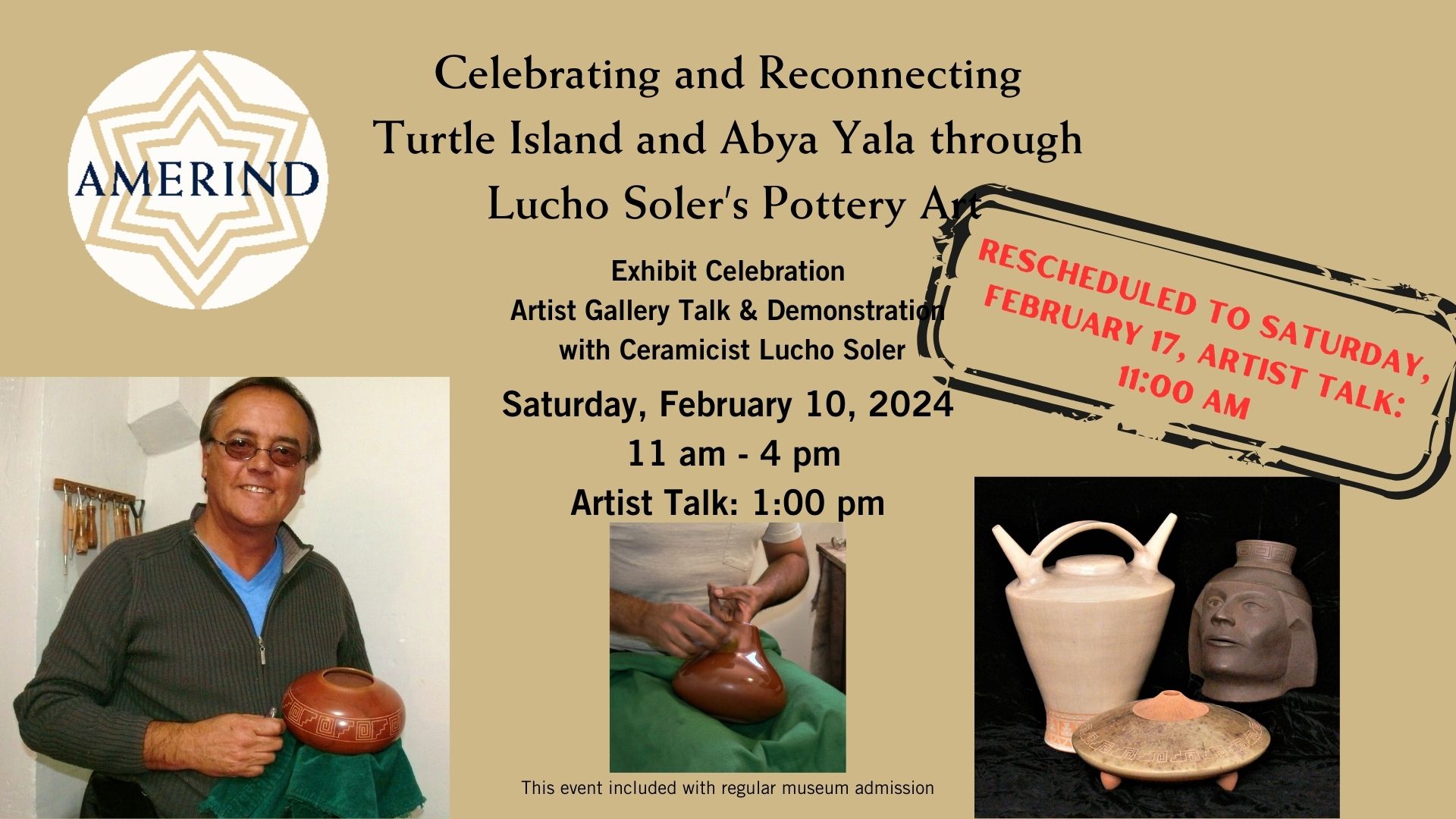
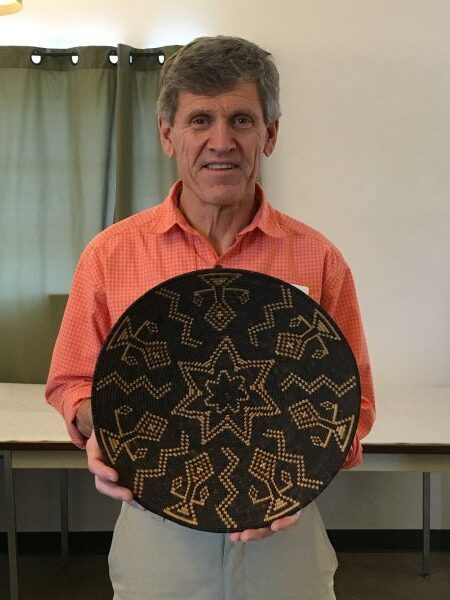
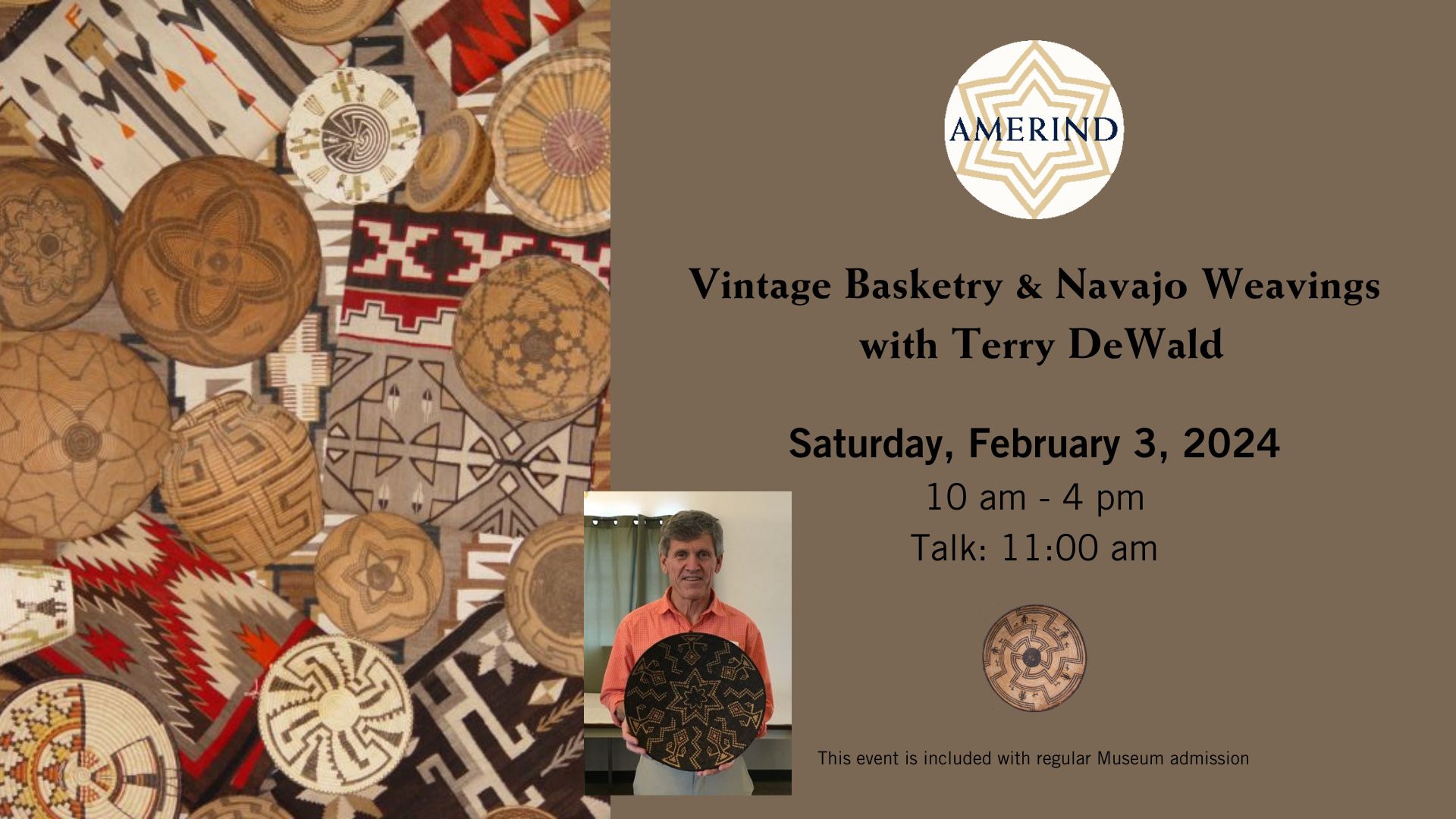
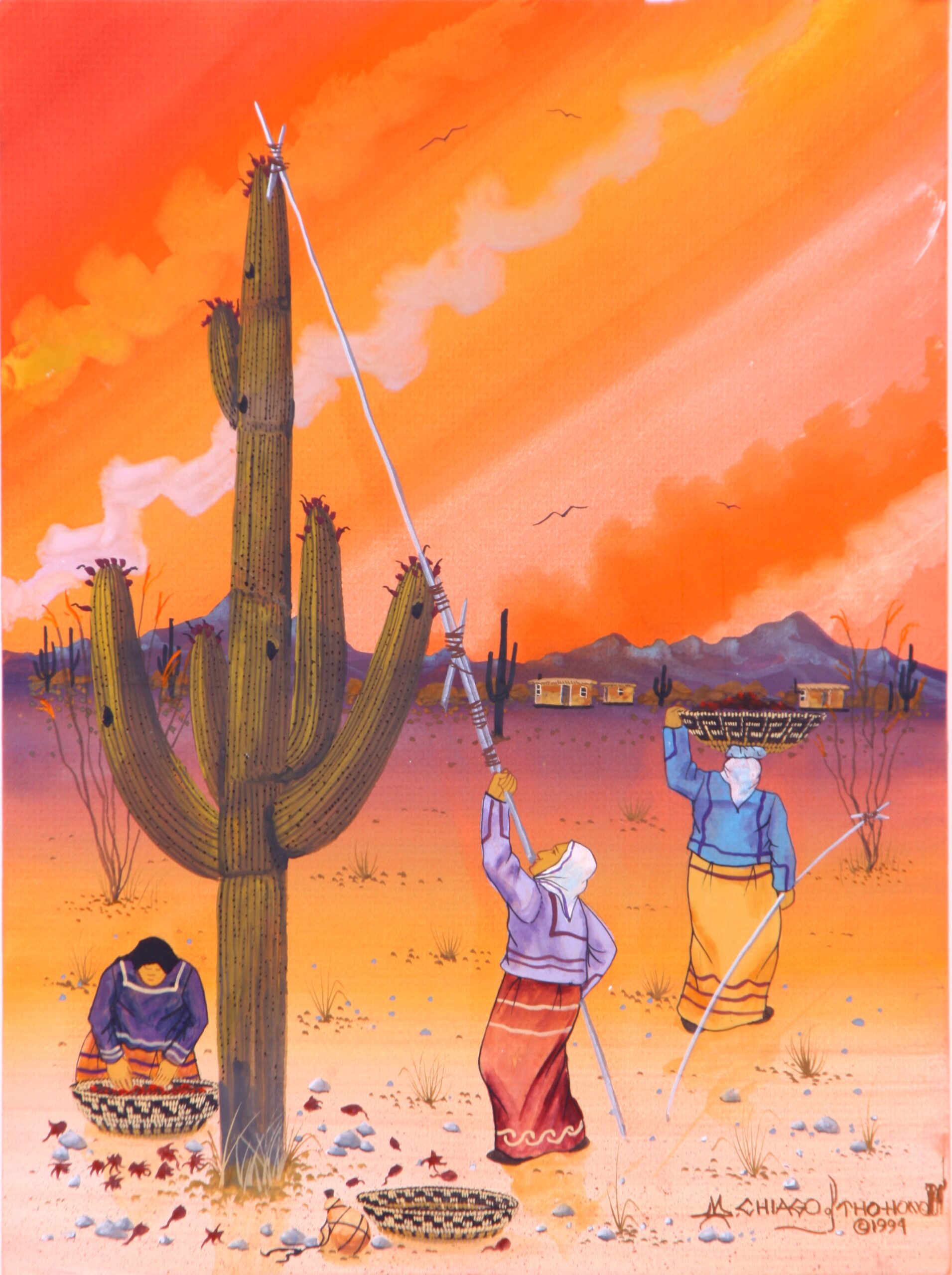
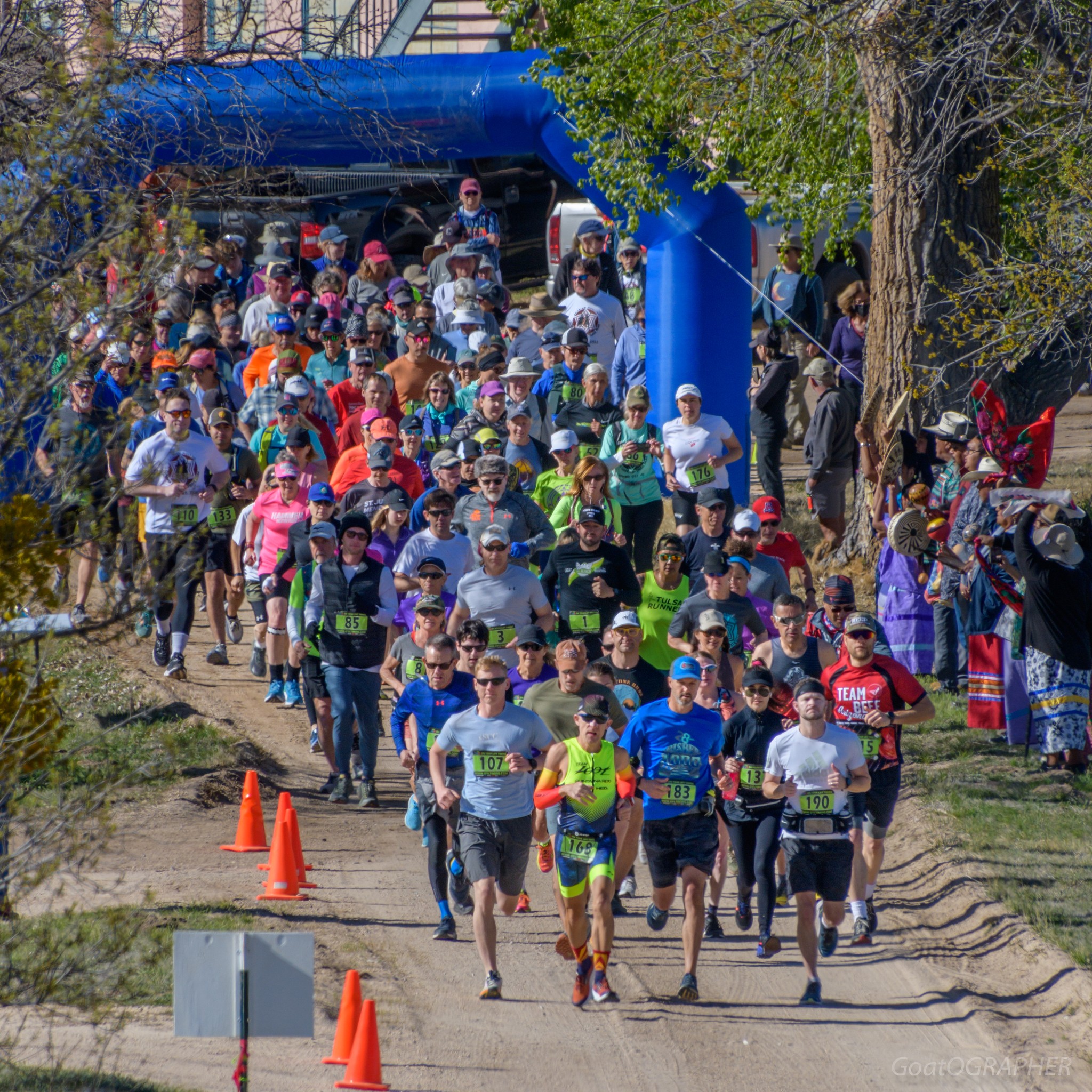
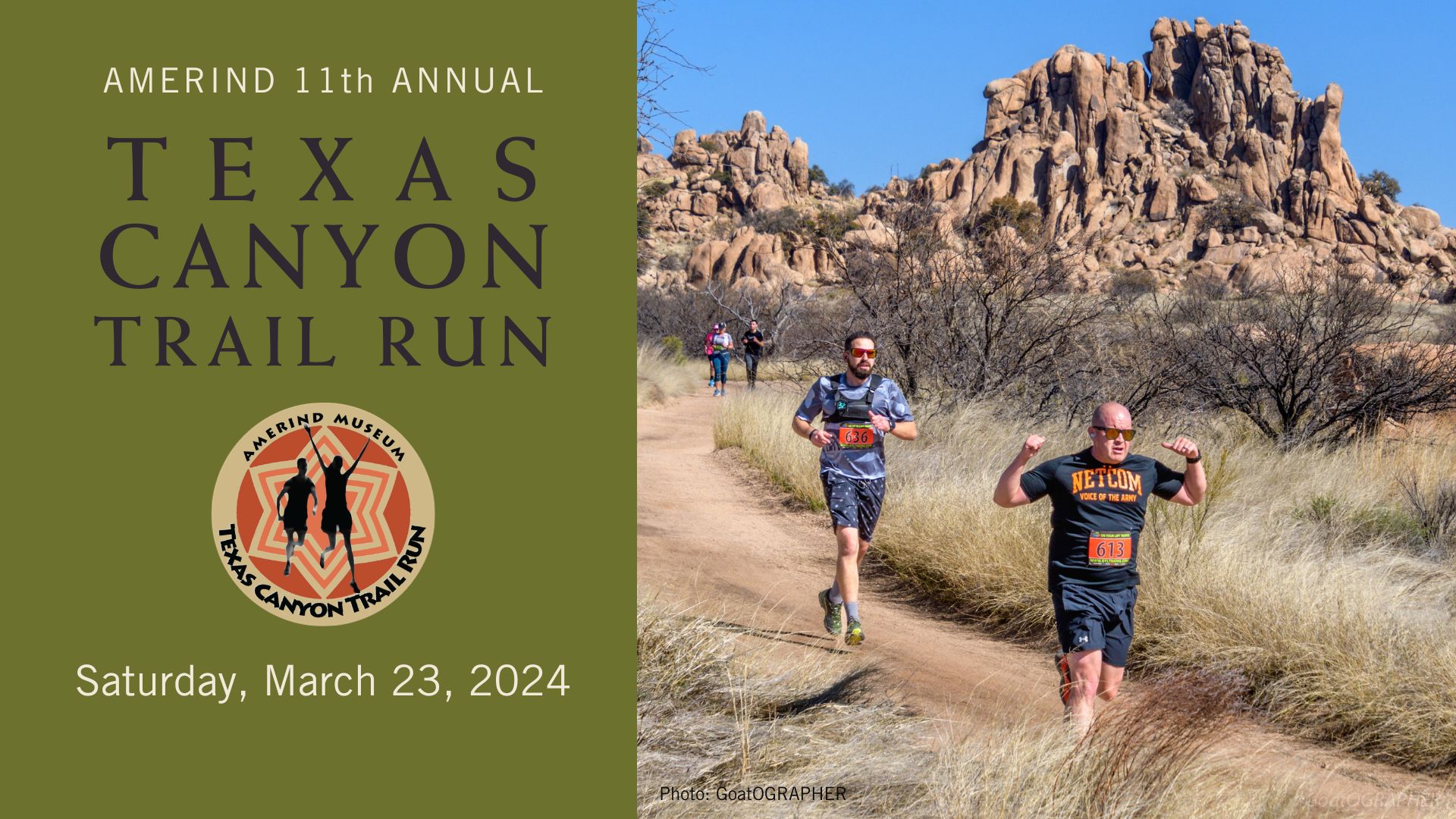

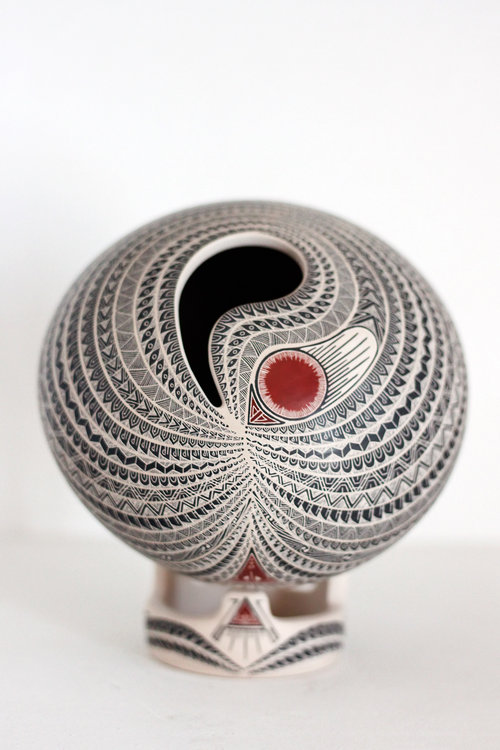

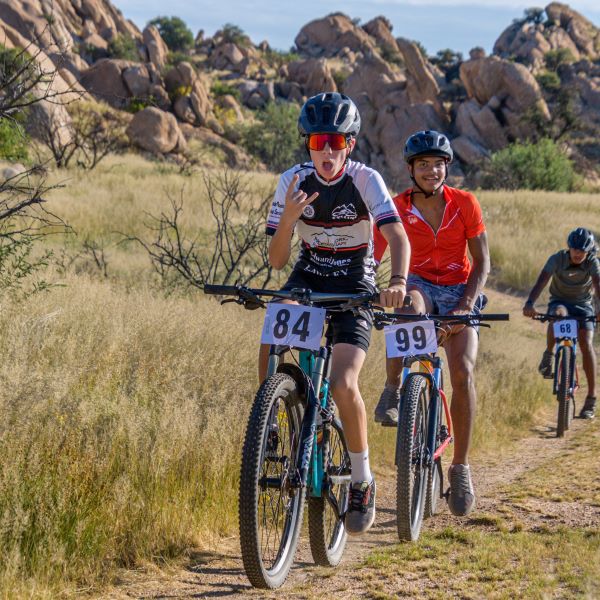
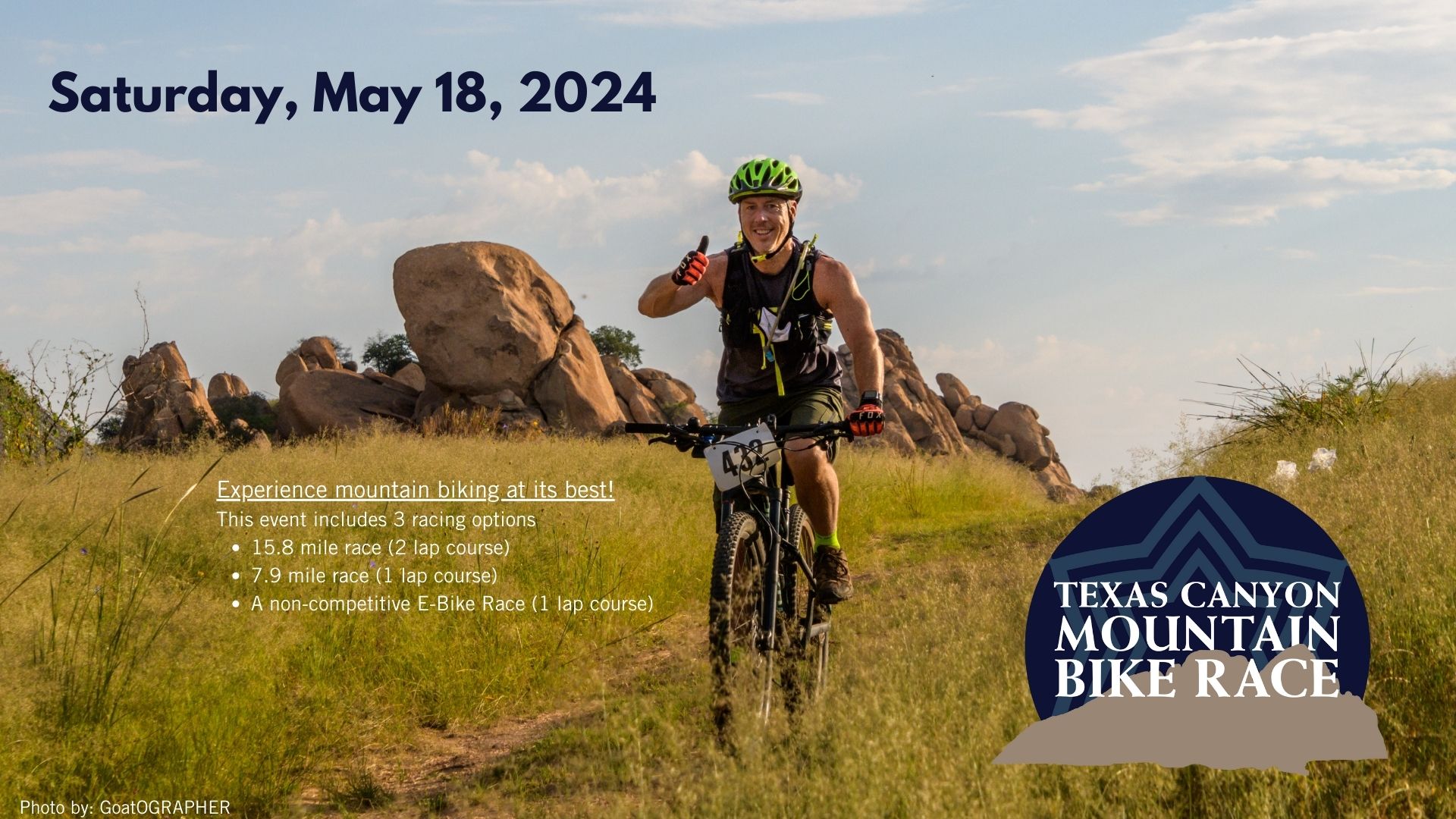 Texas Canyon Mountain Bike Race
Texas Canyon Mountain Bike Race